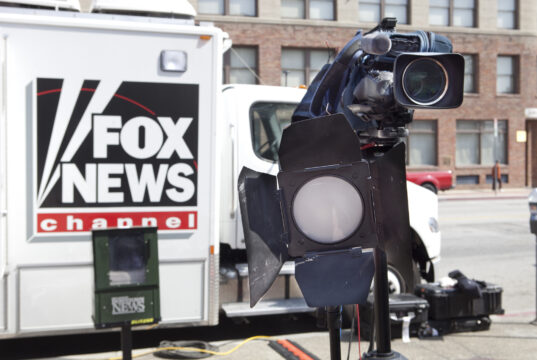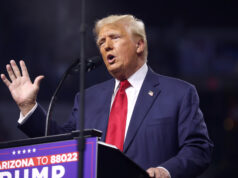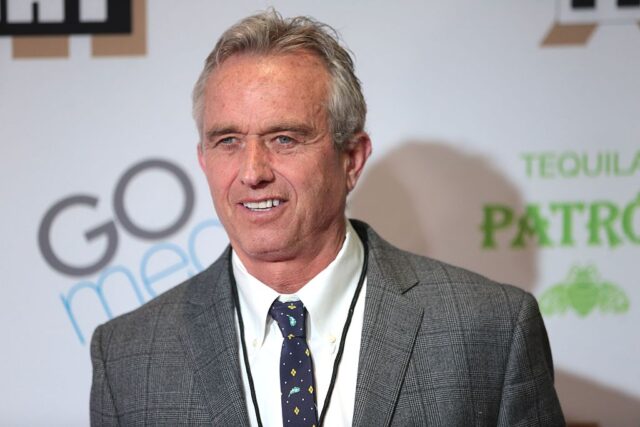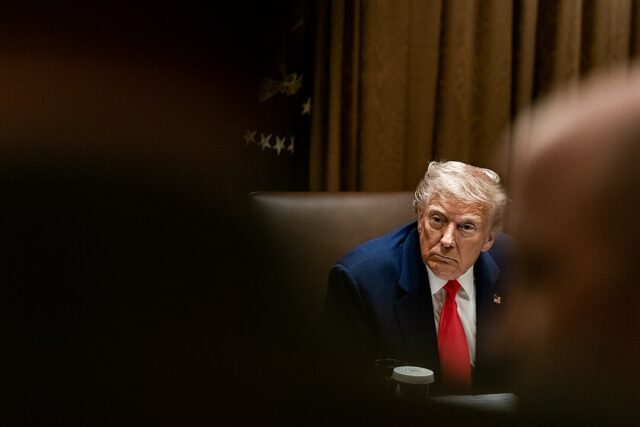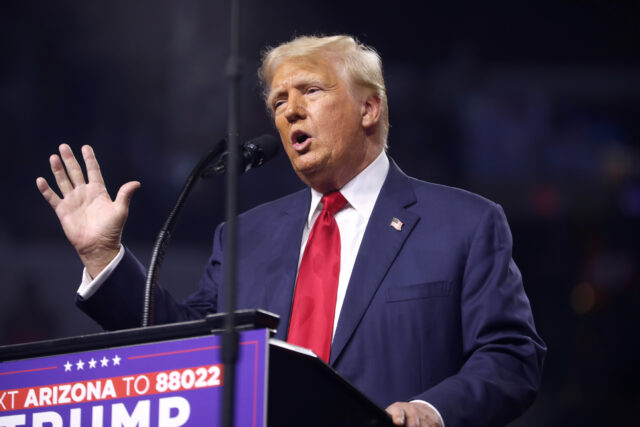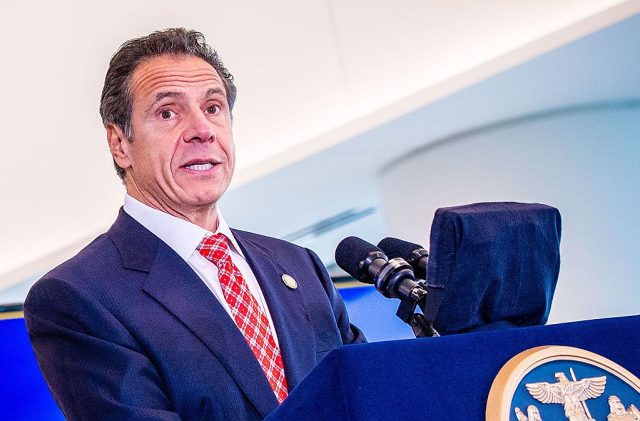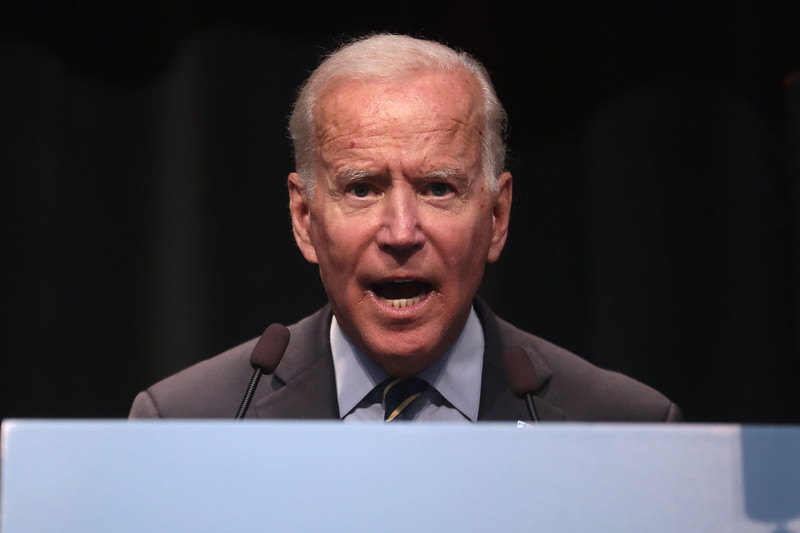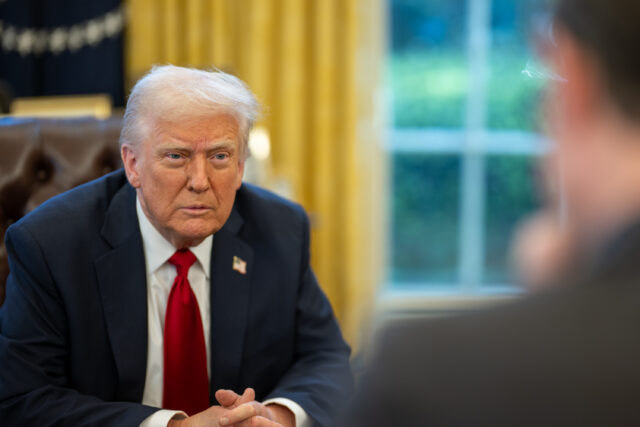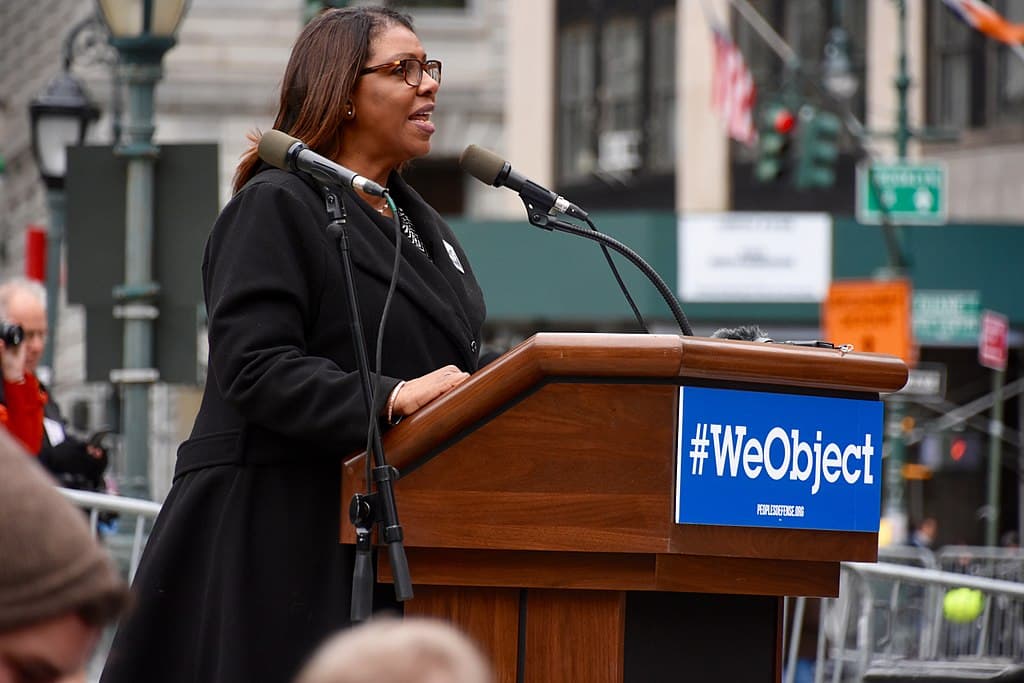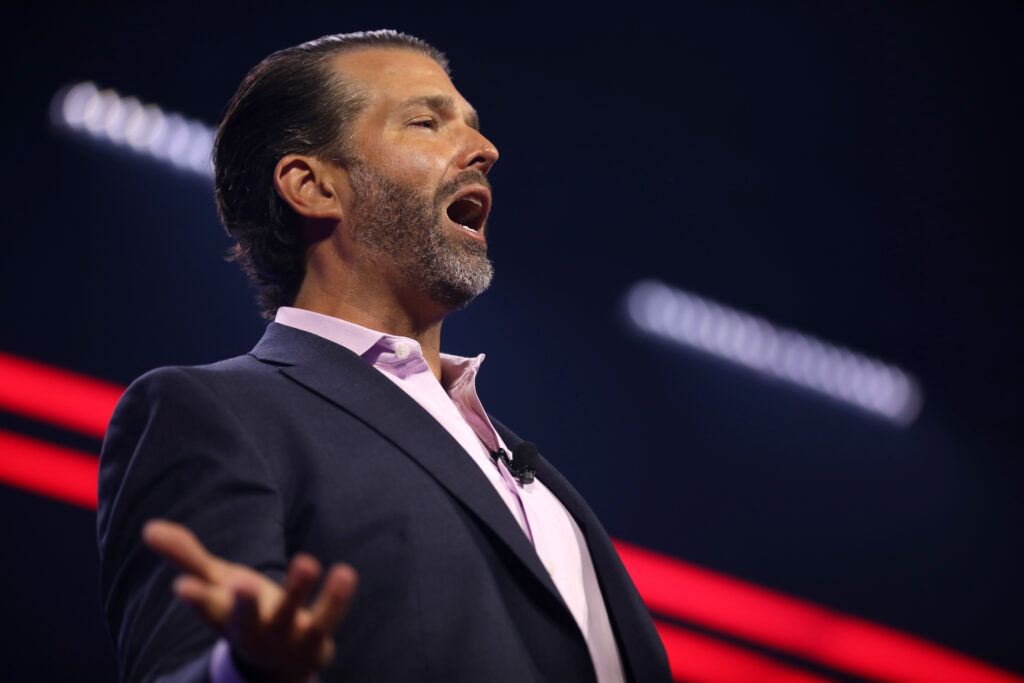Senate Votes To Confirm Health and Human Services Secretary
The U.S. Senate has confirmed Robert F. Kennedy Jr. as the next Secretary of Health and Human Services (HHS) following weeks of debate over his nomination.
Once again, Sen. Mitch McConnell (R-Ky.) stood alone as the only Republican to vote against President Trump’s nominee. McConnell opposed Tulsi Gabbard’s nomination as director of national intelligence (DNI).
The confirmation process was marked by intense scrutiny of Kennedy’s record and policy positions. The Senate Finance Committee advanced his nomination last Tuesday with a narrow 14-13 vote.
Senator Bill Cassidy (R-La.), a physician and key swing vote, played a decisive role in moving Kennedy’s nomination forward. Cassidy, who has represented Louisiana in the Senate since 2014, broke with some in his party to support the nominee.
The full Senate advanced Kennedy’s nomination on Wednesday following a successful cloture vote of 53 to 47.
During his confirmation process, Kennedy worked to distance himself from past remarks that raised doubts about vaccine safety.
Despite the controversy, he managed to secure enough backing from Republicans to push his nomination forward.
As head of HHS, Kennedy will oversee federal health policy, including responses to public health crises, health care regulations and medical research funding. His tenure is expected to bring significant policy debates, particularly regarding vaccine policy, regulatory oversight and public health initiatives.
With Kennedy now confirmed, all eyes will be on how he navigates key health policy challenges in the months ahead.
This is a breaking news story. Please check back for updates.


